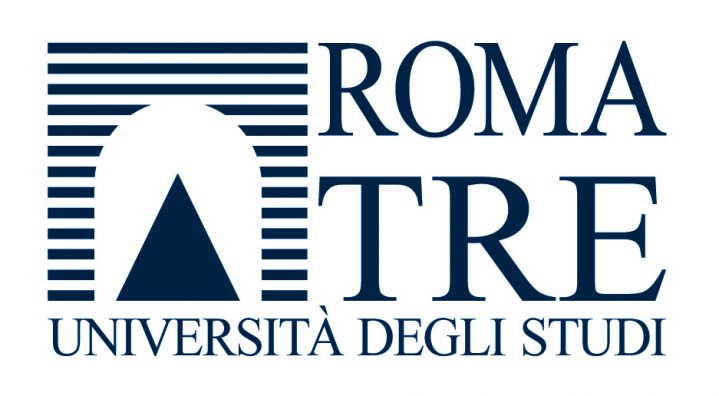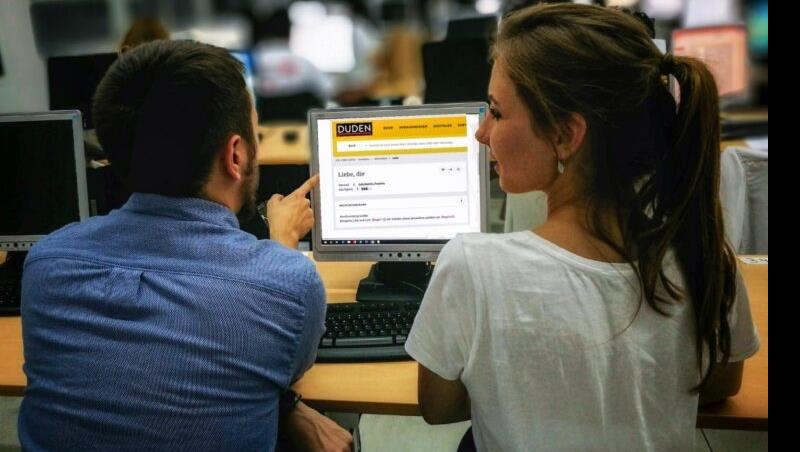EMLex congress: New challenges in dictionary teaching
29 ottobre 2021
9.00 - 17.00
Via Ostiense, 139 - Aula 1
organizzato da Martina Nied Curcio (Roma Tre) e Annette Klosa-Kückelhaus (Leibniz-Institut für Deutsche Sprache Mannheim)
Foreign language learners search in electronic or online dictionaries or use their smartphones to overcome linguistic difficulties by using online information or with the help of (dictionary) applications. And yet it looks as if pupils and students have great difficulties with using dictionaries and online resources adequately, profitably, and successfully to solve language questions.
At the same time, foreign language teachers do not really seem to be familiar with the current dictionary landscape and partly insist on the use of a single (monolingual) print dictionary in class. With regard to their students, they believe that they are trained in using online dictionaries or apps and therefore (wrongly) assume that they have adequate dictionary usage skills. They often feel insecure about their young students, so that dictionaries as a topic are often completely banned from the classroom. In today’s digital, global and multilingual world, adequate competence in dictionary use is an important communicative strategy. Dictionary didactics should therefore be integrated into foreign language teaching, whether directly or indirectly.
The Villa Vigoni theses also call for pedagogical concepts for teaching and concrete action in the education and further training of teachers. Against this background, we are interested in questions such as the following:
• How can adequate dictionary use competence be promoted as part of media competence among teachers and learners?
• What will dictionary didactics look like in 2020? How can the use of (online) dictionaries and other lexical online resources be integrated into teaching? What can be found in the educational guidelines, curricula and teaching materials?
• What educational policies should be taken?
• How should modern lexical resources and dictionaries be designed to support learners?
• How can dictionary usage research contribute to further developing dictionary didactics?
We organize a workshop in Rome on 28-29 October 2021, where lexicographers, dictionary researchers, education expertes and media researchers will exchange views on these questions and jointly develop proposals to advance dictionary didactics, particularly with regard to digital formats. Contributions on all these aspects are invited and sufficient time will be allowed for discussion.
Link identifier #identifier__64592-1Locandina
EMLex congress: New challenges in dictionary teaching - Portale dello Studente
 Portale dello Studente
Portale dello StudentePortale dello Studente dell'Università degli Studi Roma Tre
Portale dello Studente

Portale dello Studente dell'Università degli Studi Roma Tre

